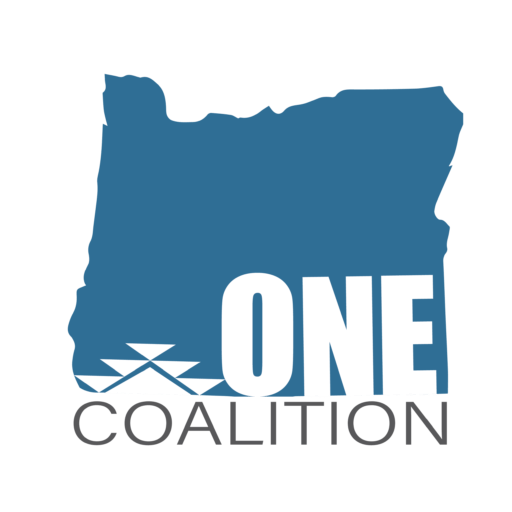Marina Cassandra (00:00):
This is kind of this, these are current numbers that we have, of course, these numbers changed from year to year. So, you know, if, um, if, if this is being viewed after 2021, then I would say, you know, the caveat is, do not look at these numbers, but, uh, you know, find out what the current numbers are. This also applies to the special enrollment periods. So if you’re a member of a federally recognized tribe, you can enroll disenroll or change plans once per month, you don’t need a special enrollment period or qualifying life event. You granted when automatically for being an enrolled member. What if we have a mixed status household where we have some members who are enrolled and some who are descendants, but they’re not enrolled and maybe spouses who are neither. So in that case, the entire household can apply so long as the enrolled member is also either applying changing plans or disenrolling. So they can, they can take advantage of the special enrollment period. As long as the enrolled member is taking advantage of this special enrollment period, otherwise they would have to fall back to, um, the typical general population, qualifying life events. That’s an additional
Collin Gabriel (01:18):
To clarify on that. So if an enrolled member, I mean, I I’m enrolled in, uh, the Chickasaw nation currently. Um, my wife is not, uh, but so that means that, uh, you know, because she would be on my plan, she’s eligible to enroll at any time of the month with me.
Marina Cassandra (01:39):
Once a month, anytime of the year with you, as long as you are enrolling, just enrolling your changing plans, you could have that special enrollment period. Yeah. So for some members that would be really great. So let’s say someone’s diagnosed with the high risk pregnancy and they just need to have this extra level of coverage for nine months or so. And then they decide to end their coverage. That’s fine. And then maybe something else comes up and they want to get back on coverage. You can get on and off coverage once per month or change rooms. If you don’t like the plan once per month, this is not available to the general public only enrolled members
Collin Gabriel (02:22):
Just to review. So also the benefits from being part of a healthcare.gov plan also benefit the tribal health clinics as well. That might be in your area.
Marina Cassandra (02:34):
Absolutely because, um, the funding that they get from the federal government sometimes doesn’t last the whole year. And you can imagine even, you know, with the additional funding for COVID, this money goes quickly. And if the tribe is able to, or the clinic is able to bill essentially bill Medicaid or, or other coverage, instead of billing the tribe, essentially with those, for those IHS dollars, um, that’ll stretch it a long way. And so that’s why some choose to be part of the tribal premium sponsorship program, because it’s more cost effective. They can use those IHS dollars to pay premiums. Um, sometimes they’ll do it just like on special circumstances. There was, uh, not a Klamath tribe, but a different tribe I worked with who, um, had a member who could not get tax credits. They, they made too much money for tax credits. Um, but with this limited cost-sharing, they were able to get $6,000 medication covered every month.
Marina Cassandra (03:39):
The premium was like $600, but it saved, you know, it saved over $5,000 a month for that, that they would have had to pay for that medicine if, um, they had no coverage. So it’s a really good thing to look at. Another thing I want to say about, um, these cost protections is they are not available on group coverage other than TPSP so if you are an employer and let’s say all of your staff are enrolled members of federally recognized tribes might be a lot better off getting individual coverage with these cost protections than being on a group plan. So this is another consideration
Duane Lane (04:30):
And I had a followup question regarding, um, descendants of enrolled members. So correct me if I’m wrong, Oregon does not observe, uh, adult descendants of enrolled members.
Marina Cassandra (04:45):
No, they must be enrolled. Um, and that’s, uh, this is, uh, this is at the federal level for, um, for these cost protections. However, for Medicaid, it’s different. If a person is a descendant and has, um, or they’re able to get coverage or that they’re able to get services for free at a tribal clinic, then they can also qualify for Medicaid. So Medicaid has a little bit different rules. And with that, I’m going to pass it back to Michael, the expert on HSA’s.

